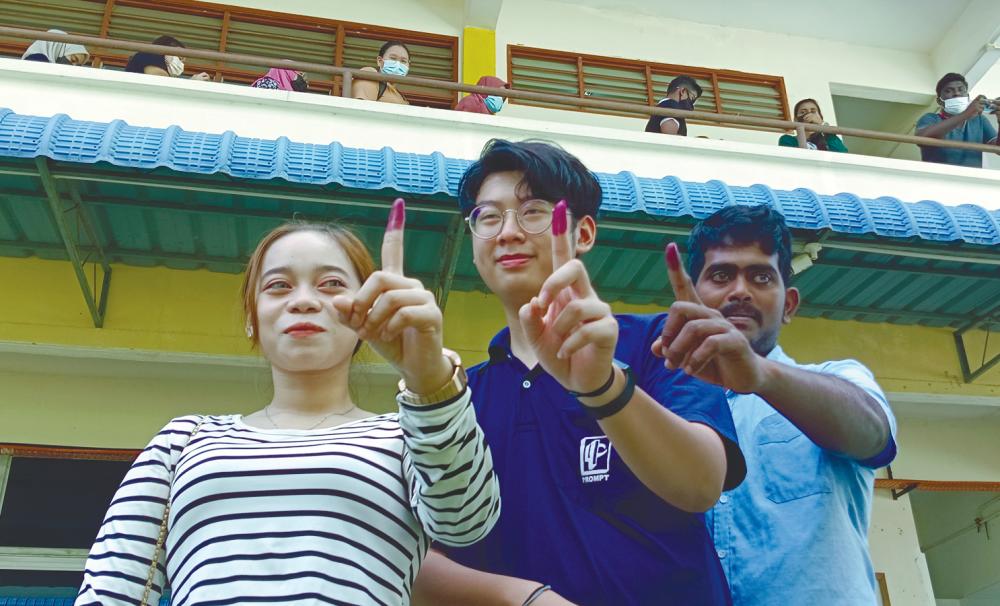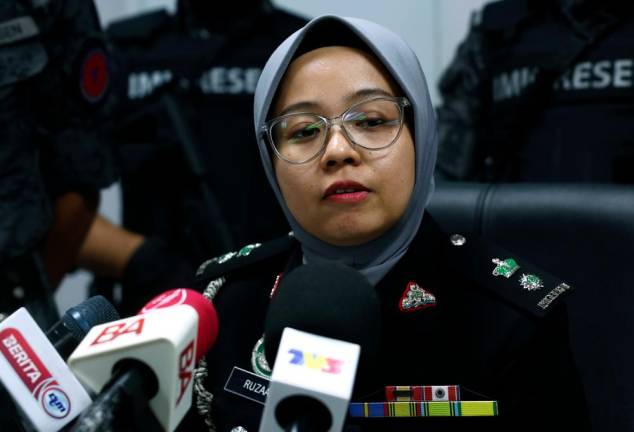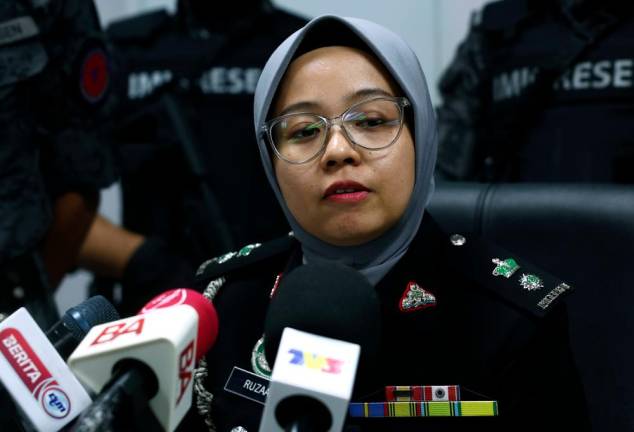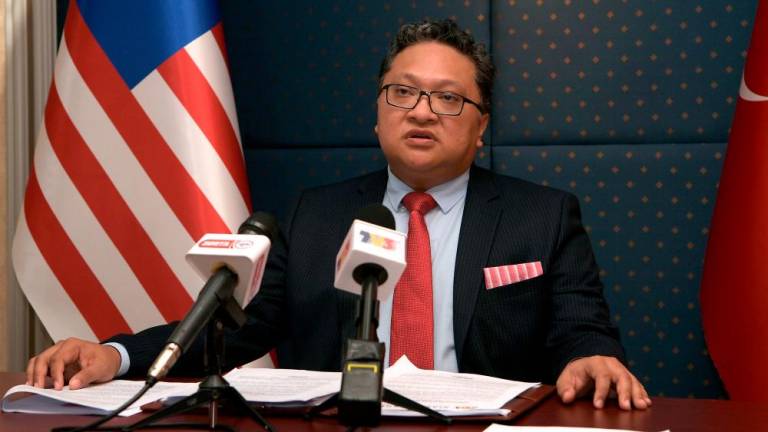PETALING JAYA: Malaysian youths have played their part in exercising their rights through the ballot boxes during the 15th general election (GE15). Thus, the onus is on each political party to educate and inform young voters, especially first-timers, on their stand and intended reforms that could be in favour of this targeted group, said Undi18 co-founder Tharma Pillai.
He was commenting on the impact voters aged 18 to 21 had on the election’s outcome.
He said from Undi18’s analysis, the general sentiment during the GE15 campaign was the anti-corruption narrative that benefited Pakatan Harapan (PH) and Pakatan Nasional (PN)”.
“PH was initially not confident (of gaining support) but has exceeded expectations,” he added.
According to research firm Politweet, PH picked up the most votes in six states in Peninsular Malaysia and the Federal Territory of Kuala Lumpur.
The six states are Johor, Malacca, Negri Sembilan, Penang, Perak and Selangor.
PH bagged 62.62%, or 535,527 of the total votes cast in Kuala Lumpur, winning 10 of 11 seats it contested, with the exception of Titiwangsa, which Khalid Abdul Samad (Amanah) lost to Datuk Seri Johari Ghani by a 4,632 majority.
PN had the most votes in Kedah (54.83%), Kelantan (63.66%), Perlis (54.15%), Terengganu (62.38%), and Putrajaya (43.67%).
Tharma said voters tended to vote strategically.
“Just like in GE14 in 2018, we could see that voters tended to be rational. They would vote based on each of the party’s strengths in their voting areas, which explains big wins in Kedah and Perlis.”
Universiti Utara Malaysia political analyst Assoc Prof Dr Mohd Aizzuddin Mohd Sani said some 85,000 first-time voters, who make up nearly 800,000 individuals aged 40 and below in Kedah, had thrown their support behind PN, which won 13 of 14 parliamentary seats in Kedah and captured most of the northern states, breaking Barisan Nasional’s standing in the last six decades.
Tharma reiterated that it would no longer be possible for any party or coalition to hold a permanent or long-term grip on power. He expects all political parties to face the same risks and reap the same benefits with the entry of younger voters.
He added that with the lowering of the voting age to 18, and automatic voter registration in effect, there were an estimated 6.23 million new voters in GE15.
However, non-partisan youth-led initiative Ypolitics managing director Loh Kar Mun held a different view.
She said it was still unclear whether the prevailing negative perception of political institutions would push youths towards the frontline or deter them from taking up the challenge.
Loh said in the aftermath of the Sheraton Move, several new youth organisations were formed to take up broad policy issues, adding that an equally strong following of young people have also chosen to detach themselves from politics.
“For them, the political culture has become too overwhelming. Whether more young people will engage in politics is yet to be seen.”














